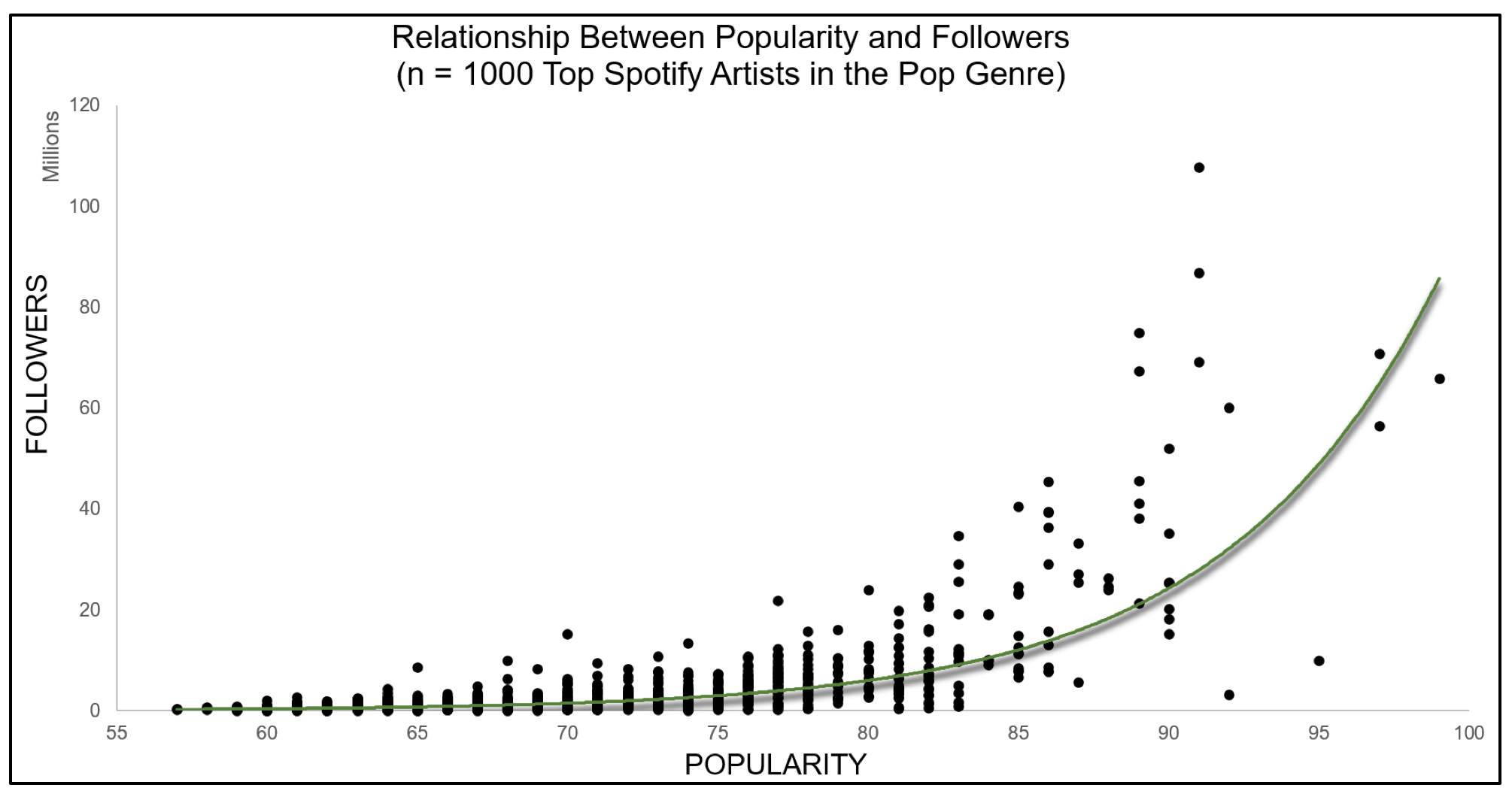California Management Review
California Management Review is a premier academic management journal published at UC Berkeley
by G. Tomas M. Hult and Daniel T. Hult

Image Credit | Aditya Chinchure
Beginning with super-group ABBA in the 1970s to megastars like Ace of Base, Avicii, Cardigan, Robyn, Roxette, Swedish House Mafia, Tove Lo, Zara Larsson, and many more over the years – Sweden has tremendous impact on the $80 billion global music scene. In tandem, Sweden is fortunate to have legendary music producers like Max Martin and Stig Anderson. Max Martin is a songwriter only beaten by the Beatles duo of John Lennon and Paul McCartney in scoring Number 1 singles in the United States.
“Optimizing Customer Involvement: How Close Should You Be to Your Customers?” by Scott E. Sampson & Richard B. Chase. (Vol. 65/1) 2022.
“How to Compete When Industries Digitize and Collide: An Ecosystem Development Framework” by Michael G. Jacobides. (Vol. 64/3) 2022.
Business and technology professionals would also point to Swedish-founded Spotify (sharing and streaming copyrighted music online) as a positive disruptive innovation within the music industry. Several foundations in the Swedish music ecosystem created these music business opportunities for artists, producers, and technology companies – speed to market, quality of songs and production, cost efficiency, and creative flexibility – that would give rise to the Swedish music-business industry cluster.
This article first captures how Sweden developed a music mindset, a music-business ecosystem, how the country became a music giant, and its use of business analytics. Based on the Swedish music-business foundation, five important business takeaways can be gleaned from the Stockholm music-business industry cluster (i.e., optimizing the customer experience, engaging in the business ecosystem, focusing on brand popularity, increasing the customer base, and creating a brand hook and emotions).
Music is in the genes of Swedes and music education is part of the core values of the Swedish culture. “I have public music education to thank for everything,” said Max Martin. Over the compulsory nine years of education in Sweden, students must have at least 230 hours of music instruction. Today, Swedes listen to music for 101 minutes per day, on average, with 55 percent of Swedes streaming music daily. The goal of The Swedish National Agency for Education regarding music education is that everyone in Sweden, via the school system, should develop both musical knowledge and skills.
Stockholm has become a vibrant “industry cluster” for the global music business. It is an agglomeration of music and business talent, business infrastructure, and competing companies swirling around one industry in Stockholm. Sweden is now the largest exporter of pop music in the world, per capita, and the third largest exporter of pop music overall (after the United States and the United Kingdom). Plus, since Spotify’s launch in 2008, Sweden has also seized not just the musical talent and production but the delivery vehicle and, most importantly, the business ecosystem for streaming music.
One of the early conduits for bringing foreign music to Sweden was pop-infatuated Stig Anderson. He became known for assembling the four members of ABBA – Agnetha Fältskog, Björn Ulvaeus, Benny Andersson, and Anni-Frid Lyngstad. As a stroke of genius, Stig Anderson and the team around ABBA used part of the revenue generated to build a music business infrastructure for the future in Stockholm. They created Polar Studios in Stockholm, often compared to Abbey Road (London, England), and established the Polar Music Prize; a musical integration of the Grammys and the Nobel Prizes. That ABBA and Polar Studios jump-start in the music business transitioned into Cheiron Studios in Stockholm, which became known as the “Swedish music miracle.”
Spotify democratized the music business and allowed artists the opportunity to share music on a digital platform that everyone can access. In today’s sharing economy, streaming income via digital technologies has become the most important revenue in the music business. As an example, HUUPTA analytically found a sweet spot on Spotify in the sleep music genre (designed to reduce stress, slow down the body and brain activity, and induce a calm state of mind). Launched in March 2022, HUUPTA now generates millions of streams on Spotify by using business analytics to create music portfolios that resonate with streaming listeners in more than 100 countries.
Leveraging the uniqueness of Sweden’s music business ecosystem, five strategic business takeaways can serve as a model for companies across industries. Each of the five takeaways is led by a so-called “present participle” (-ing word), indicating that action needs to happen frequently and continue into the future to achieve the effects of the Swedish music business model and infrastructure of the Stockholm industry cluster.
Optimizing the customer experience. Optimizing artists’ involvement in the music business and likewise optimizing the customer experience – making the customer experience compelling – by any company is key to sustainable business success. As an example, the music business ecosystem that has been built around the Stockholm industry cluster allows artists (and music production companies) to exponentially increase their customer base in a very strategic way. The ecosystem facilitates the creation of a compelling customer experience.
Engaging in the business ecosystem. Music producers and artists want to increase their popularity via increasing streams. This parallels increasing the number of customers and/or gaining repeat sales from established customers for non-music companies. Companies can increase streams, get more customers, and/or gain repeat sales as a function of the business ecosystem that they engage in. In essence, the Stockholm industry cluster in the music business serves as a popularity foundation, i.e., which brings in more potential listeners.
Focusing on brand popularity. Using the music business as an example, the positives of being in a music business ecosystem work as an exponential-function formula. The formula helps us understand the relationship between popularity (e.g., the number of plays a track has and the recency of those plays) and followers (people who follow an artist’s profile). Popularity and followers can be translated to popularity and customers for any business anywhere. In pop music, our research shows that the transcendental-number exponential equation is:

Increasing the customer base. An illustration of the popularity-follower equation and relationship for Spotify’s Top-1000 artists is in Figure 1. The formula and graph are based on data for global artists with an average of 4.34 million followers and an average popularity score of 70.99 (these artists have a total of 4.34 billion followers). Applied across industries, the business takeaway is that a company that can increase the popularity of its brands (i.e., positive sentiments toward its brands) would also benefit from not just a larger but an exponentially larger customer base.
Creating a brand hook and emotions. Similar to pop music, companies can benefit from the musician’s playbook in brand development. Many brands would benefit from a stronger hook and making customers emotionally connected (cf. Sweden is known for its pop music hook which is rooted in melancholy, double emphasis, and length of emphasized syllables). Such a hook and emotional tie need to be strategically packaged, offer continuous marketing efforts, and exhibit fierce company enthusiasm. Without synergy of a hook and emotional connection on one hand and packaging, marketing, and enthusiasm on the other, the product is going to be limited in popularity and followers (i.e., customers).
